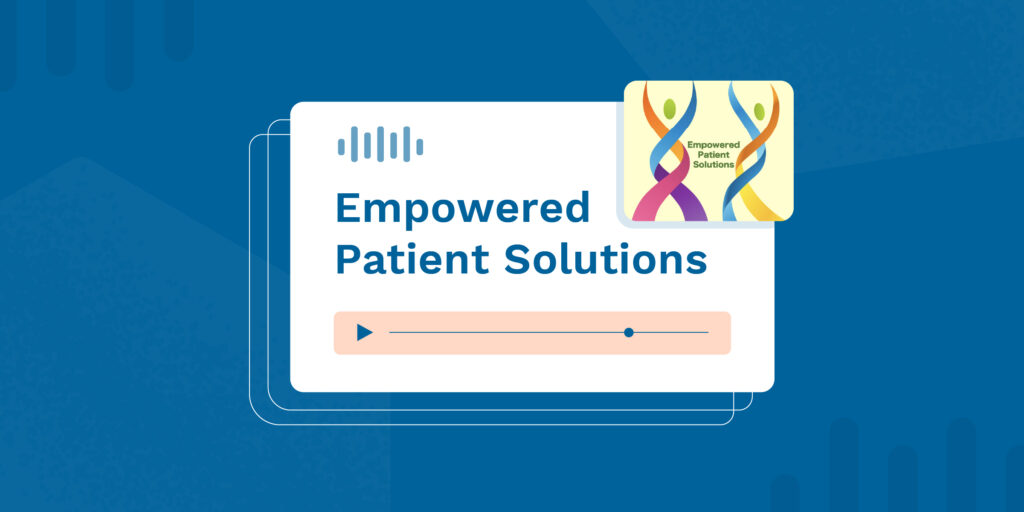We all know apples and oranges are both fruits. We also know that apples and oranges are round. Looks like a consistent comparison so far, right? Now you’re probably starting to think of the many ways that apples and oranges differ, which is good! Choosing a healthcare software vendor should be just as analytical to ensure your comparison is accurate, but for a lot of practices, this can be difficult because there are so many more variables to consider.
We(RXNT) are a healthcare software vendor and our goal is to deliver simple-to-use solutions to practices like yours, so it only makes sense that we want to make the process of comparing healthcare software vendors (like us) simpler. Since it is unrealistic for us to review and compare with you, every system you are considering, we will take a broader approach and point out questions that your practice must ask when assessing healthcare vendors and their solutions to make a well-informed decision. We will follow up with more in future blogs, but the following questions are a good start:
Credibility and Stability:
How credible is the vendor in the industry? How long has the vendor been in business?
Software functionality is a must-have, but working with a vendor who has expertise around the subject matter their solution serves will not only assist you in complying with new legislation, but also ensure you adopt healthcare best practices by using proper workflows and processes you can be sure will be built into the solutions provided by an experienced healthcare technology vendor.
Training and Support:
Is there a charge for training? How many trainings are offered? Is there a charge for support? How long will the vendor support the product? Does the vendor outsource training and support?
Software vendors are competitive with licensing prices, but beware of hidden costs. If it’s too good to be true, it probably is! Successful implementations do not happen overnight. Complex work flows and varying clinical or billing scenarios demand in depth, on-going training and support. Be sure to determine if the vendor outsources training and support, as well as if there are additional costs. Reaching a live representative within the United States can be essential to receiving the support you need.
Services:
Does the vendor have focus on the services and functionality that is needed? Does your vendor charge for product upgrades or updates?
Be sure that you know the exact services and list of functionality that your license fee will cover. Many vendors charge large fees for upgrades to provide access to functionality you thought was included. Healthcare Information Technology is always evolving to keep up with federal and state requirements. Ensure that you know how long it will take for your software to be updated in order for you to maintain compliance with new legislation and if there is a fee involved.
Streamlining:
Does the vendor rely heavily on partnerships? Does the vendor offer an all-in-one solution?
Software vendors that offer an ‘unbeatable deal’ have often added capabilities through partnerships and acquisitions. These types of solutions can cause longer implementation cycles and can create many onboarding and ongoing support issues. Find a vendor that can offer a full end to end solution to manage the important clinical and financial logistics of your practice.
If you are just beginning to use a healthcare software solution or you are thinking of switching from your existing solution to another, we can help you. Whether you are still utilizing paper or if you have already started with an electronic system, our solutions – RXNT|eRx, RXNT|EHR, RXNT|PM – which can all be used as one integrated solution, or stand alone – may be just right for you because they offer robust functionality at a reasonable cost, none of which is hidden! Find out more by contacting [email protected] or call 800-943-7968 option 3 to speak directly with an RXNT Team Member.





